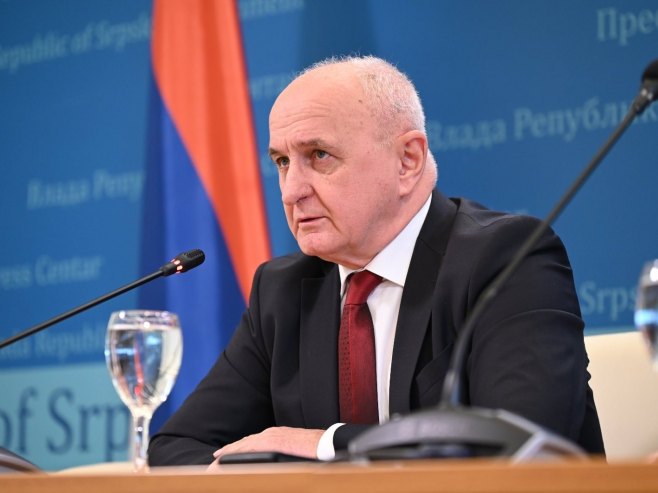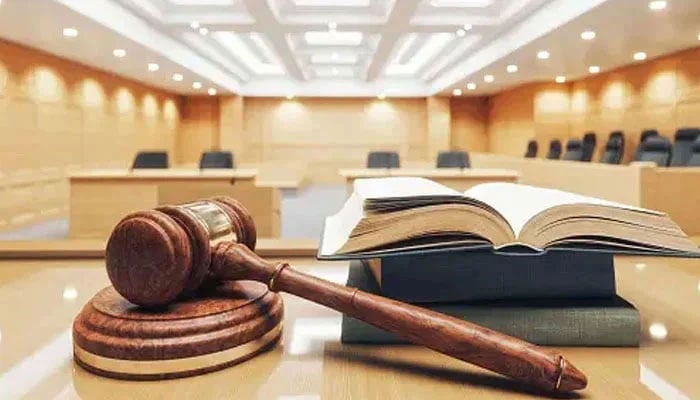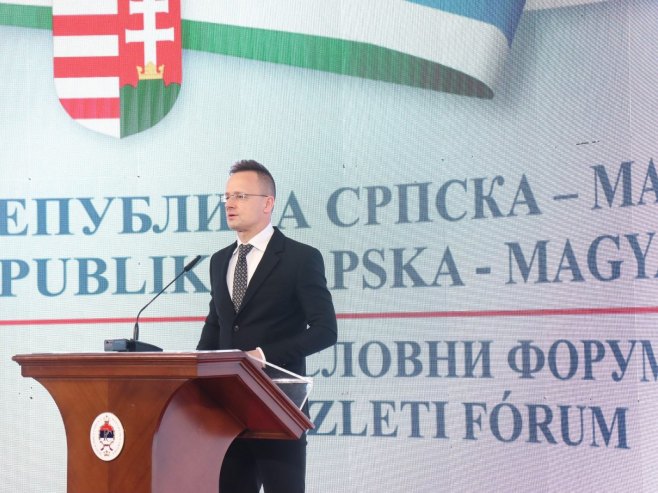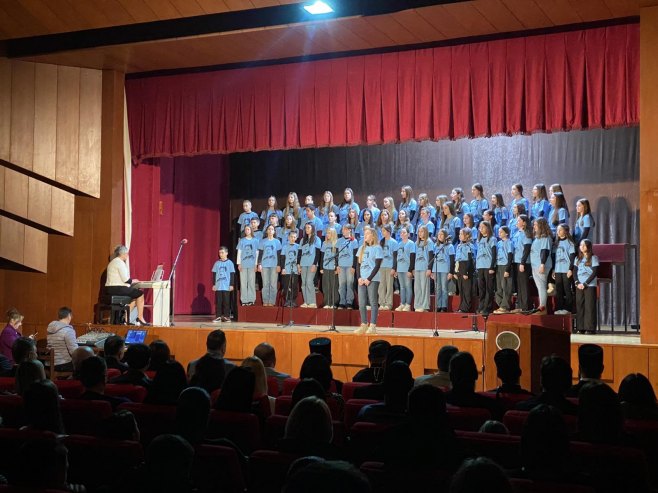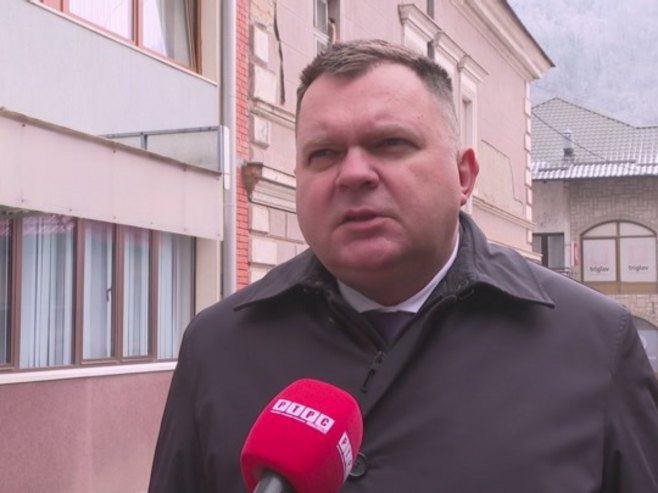Three consecutive Wednesdays in November—this is the schedule of court hearings for the trial of the president of Republika Srpska, Milorad Dodik, and acting director of the Official Gazette, Miloš Lukić. A quick glance at other cases listed on the website of the Court of Bosnia and Herzegovina reveals that the court is not usually this expedient.
The defense team, along with legal experts from Republika Srpska and Serbia, suspects that the goal is to eliminate Dodik from the political scene as quickly as possible, all under pressure from foreign actors and political Sarajevo.
Could it be that they fear Donald Trump’s potential return to power in the U.S. might derail their plans?
The question arises: is the verdict against the president of Republika Srpska already written? Observing the manner of the trial, including the unlawful presentation of evidence and the unusually tight scheduling of hearings, legal experts from Republika Srpska and Serbia suspect this to be the case. Holding three hearings within one month raises eyebrows. This level of expediency could envy even the most efficient judicial institutions in the region and Europe. However, this unusual speed seems to violate the right to a fair trial. The process, they believe, is designed to hinder the defense’s ability to gather evidence. Is it also a tactic to remove Dodik from political life?
Goran Bubić, Dodik’s attorney, states that those orchestrating this trial aim to weaken Dodik after seeing his and his party’s strengthened position following the last elections.
Attorney Goran Petronijević recalls a statement by SDA leader Bakir Izetbegović, who claimed that an agreement had been reached with international factors and that there was a signal to swiftly convict Dodik and Lukić.
By age alone, this case would not warrant accelerated handling. However, legal experts suggest that the urgency might also be tied to the results of the U.S. elections. They believe those orchestrating this trial fear the return of the Trump administration.
“They are now worried that the new administration won’t expedite this process,” says Bubić. Petronijević adds that this fear is evident, as Dodik stands as the main obstacle to the confiscation of Republika Srpska’s property and the centralization of Bosnia and Herzegovina.
The legal community warns that the court is allowing the introduction of potentially unlawful evidence into the case file, with decisions about admissibility deferred until later—a clear violation of legal norms. Professor of constitutional law Siniša Karan states that the Court of BiH, through its actions, is effectively trying itself and the unconstitutional framework of BiH.
“It is an understatement to call this a political trial. It exposes a 30-year-long attempt to promote the policy of creating a unitary, civic, and Bosniak-dominated state,” Karan emphasizes.
The next hearings for the trial of the president of Republika Srpska and the acting director of the Official Gazette are scheduled for November 20 and 27. The pace of the trial leaves little doubt that this process has been fast-tracked.
Source: RTRS

